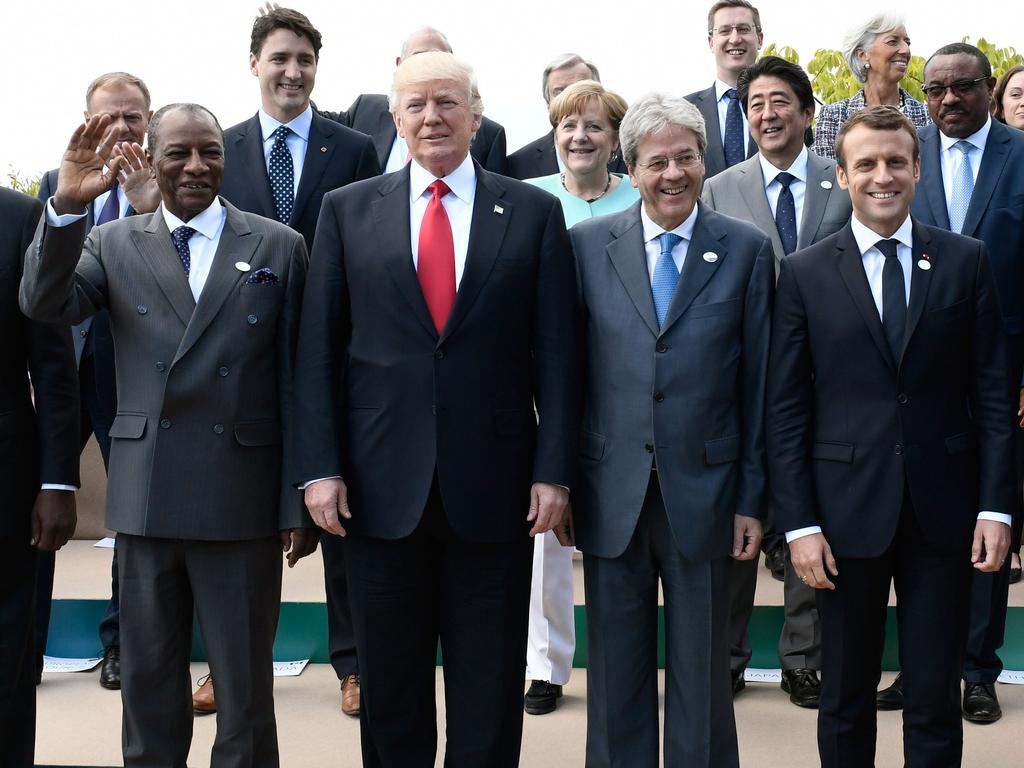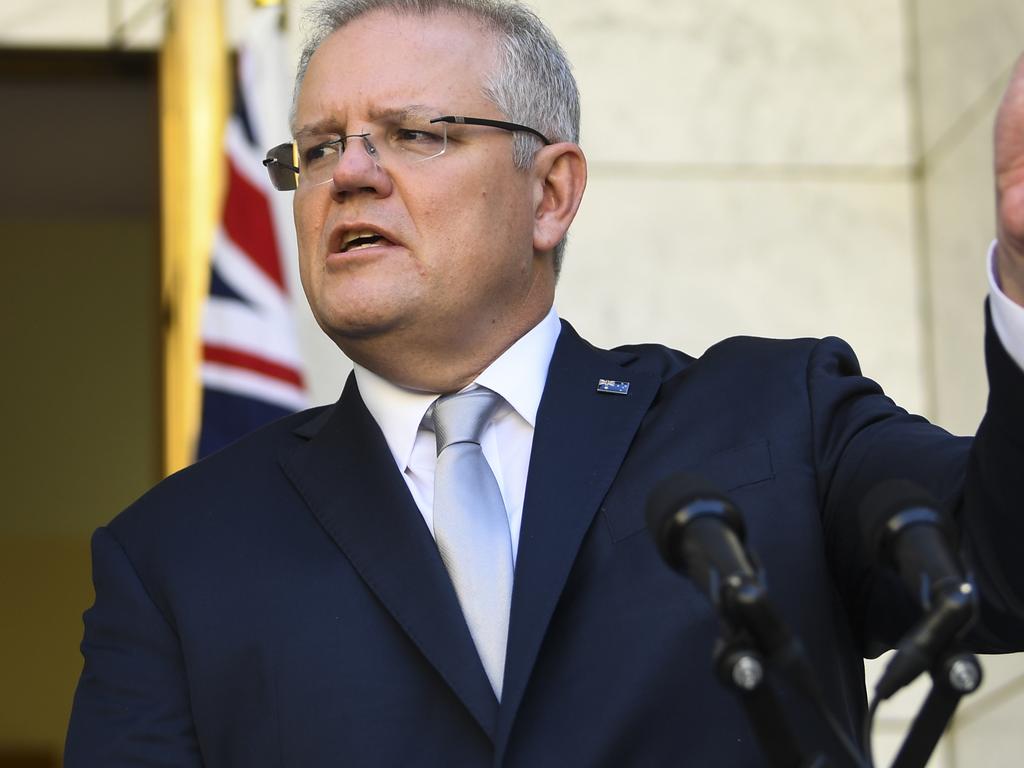Conventional capitalism is dying: Macquarie warns
The world is headed for ‘something that will be closer to a version of communism’, say Macquarie analysts.

Macquarie Wealth Management, the stockbroking arm of the beating heart of Australian capitalism, Macquarie Group, has warned that “conventional capitalism is dying” and the world is headed for “something that will be closer to a version of communism”.
In a series of notes sent to investors, Macquarie analysts and researchers said a number of policies announced in recent days, including cash payments to US residents, credit guarantees for businesses in Germany, and a Swedish stimulus worth 6 per cent of the Nordic country’s economy to keep banks lending to companies, were a sign that governments were shifting towards “neo-Keynesian” and Modern Monetary Theory policies, including a universal basic income guarantee.
The European Central Bank also announced a €750bn ($1.44 trillion) asset purchase program as President Christine Lagarde said “extraordinary times require extraordinary action” and that there would be “no limits” on the central bank’s commitment to protecting the single-currency union.
Across two notes, titled “A world of no historical parallels –- Making up rules & policies as we go” and ‘Tear at the fabric: Glimpses of the future are here for all to see”, Macquarie analysts said the shift towards a more fundamental change in the way the economy functioned was evidenced by the way central banks and governments “belatedly recognised” that copying the policy responses of the global financial crises a decade ago were “not going to be enough”.
The US is expected to announce a stimulus plan worth close to $US1 trillion, while Scott Morrison has been forced to return to the drawing board after realising the initial $17.6 billion support program would do little to stave of destruction of the Australian economy.
On Thursday Reserve Bank announced an unprecedented quantitative easing program after cutting interest rates by 25 basis points to a new record low, while the government is likely to provide further detail on a rescue package for workers whose jobs have been obliterated by the coronavirus pandemic.
“We have been arguing that conventional capitalism is dying, or at least mutating into something that will be closer to a version of communism,” Macquarie analysts wrote.
“This transition will be marked by cross-currents and external shocks. Ultimately, a fusion of monetary and fiscal levers will lead to MMT-style policies, effective nationalisation of capital, universal income guarantees, and deep changes in work practice.”
“Eventually, we will also leave behind a period of substandard productivity, as soon as we stop ‘warehousing labour’ in temporary jobs. However, in the meantime, conventional policy and investment prescriptions will be of little use,” Macquarie said.
“Today’s economic and investment strategies are built around concepts of a monetary world and the ultimate primacy of the private sector, and its ability to navigate well-defined business and capital market cycles … Alas, the world has already moved far away from these principles.”
Macquarie said the “bedrock” features of economic and financial analysis such as leading indicators, the Federal Reserve model, the Phillips Curve of labour and inflation analysis, risk premiums were no longer useful as the world was now flooded with three to five times more money and debt than gross domestic product.
“We are drowning in capital, and the objective is no longer efficient utilisation, but rather ensuring that it does not freeze and remains liquid,” Macquarie said.
“Also role of labour and conventional vs digital capital is being drastically altered while a generational change drives far greater preference for fairness and support, rather than freedom and choice. Even if theoretical policy answers are right, they will be rejected.”
Modern monetary theory, which has gained prominence in the US led by advocates such as Bernie Sanders and Alexandria Ocasio-Cortez, argues that unemployment is the result of governments spending too little while at the same time collecting taxes.
Instead, governments should spend to subsidise wages and embark on national programs, while raising taxes on incomes to keep inflation lower if needed.
Part of the theory could include a universal basic income, in which every citizen regardless of work or wealth, would receive a set stipend from the government.
“One of the more frequent questions that clients ask: What other historical periods can we look at to better understand our path?” Macquarie said.
“Unlike natural sciences, economic rules are not immutable, but rather bend under the pressures that societies face. What is regarded as acceptable in one era is disregarded in another & therefore prescriptions from one period will be unacceptable in another, even though some might actually yield more efficient outcomes.
“Unlike physics, economics does not progress according to well-known rules but rather attempts to satisfy prevailing societal mood. Homo Economicus is not a rational agent, but a confused beast, and economics is an outgrowth of societies, rather than a conventional science searching for truth.”
Macquarie said the amount of government assistance was growing at an “exceptionally rapid pace” as credit markets froze, companies stared into oblivion and as workers were laid off, and would likely exceed the $US1.7 trillion spent in the first round of the GFC.
“While proposed bailout of vulnerable industries (eg airlines) is in line with strategies in ‘09, today, there is far greater emphasis on income, including direct disbursement to citizens,” the analysts said.
“The key is that COVID-19 seem to be successfully breaking the irrational taboo against borrowing and preoccupation with debt sustainability.
“It is also forcing closer co-operation between fiscal and monetary arms that overtime will fuse into one (a la China). New world of nationalised capital & MMT is beckoning. It will bring different investment styles, although the twilight between the two systems will still persist for years.”







To join the conversation, please log in. Don't have an account? Register
Join the conversation, you are commenting as Logout